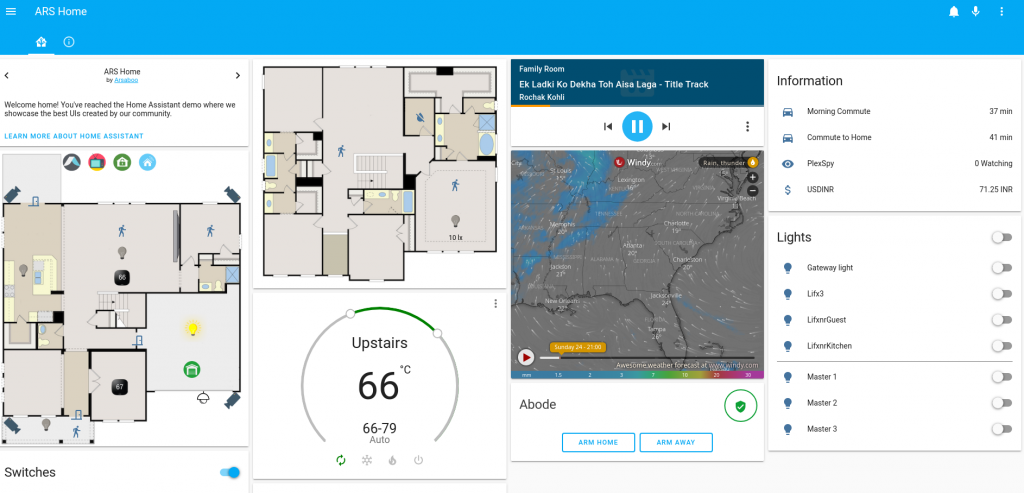
One thing that I like about the modern world is that large technology companies are a lot more open than they were in the previous century. Many of them contribute to the Open Source ecosystem and frequently share their wisdom on how to use and not to use a particular technology.
Have a look at the recent post from Bitbucket blog: Searching DynamoDB: An indexer sidecar for Elasticsearch, for example.
It’s not your usual marketing nonsense about introducing a new needless service or self-praising review of a product. It’s a rather deep dive into a technical topic that has been getting a lot of attention for the last few years – NoSQL databases. Not only the blog post itself is interesting, but it provides plenty of useful links to other resources. Like this one, which covers database partitioning in depth. Or this one, which lists some of the best practices for designing and using partition keys effectively.
I wish more companies shared their technical insights like this.

